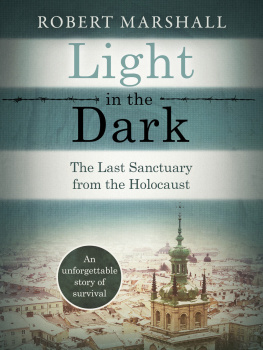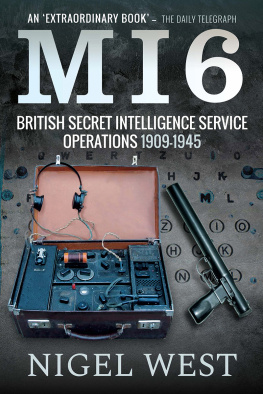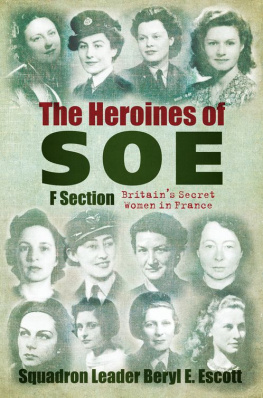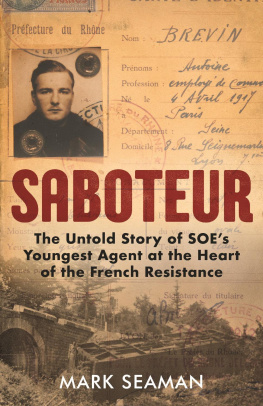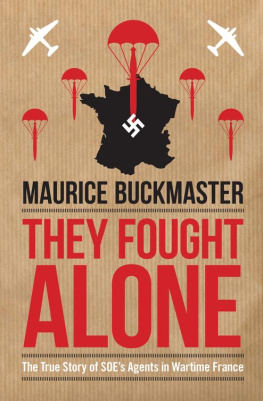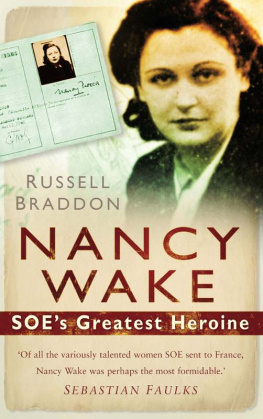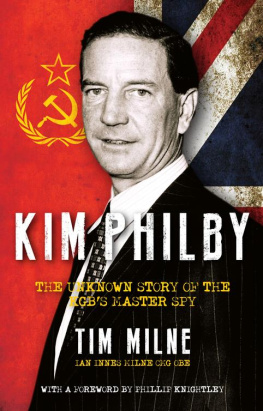All
The Kings
Men
Robert Marshall

For copyright reasons, any images not belonging to the original author have been
removed from this book. The text has not been changed, and may still contain
references to missing images.
This electronic edition published in 2012 by Bloomsbury Reader
Bloomsbury Reader is a division of Bloomsbury Publishing Plc, 50 Bedford Square,
London WC1B 3DP
First published in Great Britain 1988 by William Collins Sons & Co Ltd
Copyright 1988 Robert Marshall
All rights reserved
You may not copy, distribute, transmit, reproduce or otherwise
make available this publication (or any part of it) in any form, or by any means
(including without limitation electronic, digital, optical, mechanical, photocopying,
printing, recording or otherwise), without the prior written permission of the
publisher. Any person who does any unauthorised act in relation to this publication
may be liable to criminal prosecution and civil claims for damages.
The moral right of the author is asserted.
eISBN: 9781448210565
Visit www.bloomsburyreader.com to find out more about our authors and their books
You will find extracts, author interviews, author events and you can sign up for
newsletters to be the first to hear about our latest releases and special offers.
Robert Marshall divided his career between writing books and plays, and producing arts and history programming initially for the BBC and, later, live recordings of great theatre productions for cinema release with credits over the 100 mark.
His writing career began with a series of radio plays, and a Play for Today Before Water Lilies for the BBC in the 1970s. During the 1980s and 90s he scripted and directed over thirty programmes for the BBC, from documentaries to dramas including All the Kings Men (1988) which was optioned by Stanley Kubrick, In the Sewers of Lvov (1990) which was made into the feature film In Darkness, and Storm From the East (BBC 1994) which was top of the Times non-fiction best-selling list for over two months. He became Executive Producer for The Globe on Screen, at Shakespeares Globe Theatre.
To the memory of my mother
and the love of my wife
Contents

Discover books by Robert Marshallpublished by Bloomsbury Reader at
www.bloomsbury.com/RobertMarshall
All the Kings Men
In the Sewers of Lvov
During the summer of 1943, Britains wartime secret service, the Special Operations Executive SOE suffered a major collapse of its networks in northern France. It was a disaster of monumental proportions, a disaster from which the SOE never properly recovered. The story of that collapse lies at the very heart of the history of Britains secret war alongside the French Resistance. It is a story that is engraved upon the memories of those who were there and survived. For apart from the terrible loss of life and materiel, the collapse precipitated a serious crisis of confidence. After the war, stories proliferated on both sides of the Channel of betrayal, deception and English perfidy. An official history went to considerable length to silence these rumours, and for a while it succeeded. But the passing years nurtured old suspicions. If one picks up a well-read copy of The SOE in France, it will invariably fall open at the events surrounding the collapse of the northern networks and the role played by an individual by the name of Henri Dricourt. What makes these few pages so fascinating is that they raise more questions than they answer.
In fact all accounts of the events in France during 1943 are less than satisfying simply because authors have been hampered by the singular inaccessibility of the relevant material. All SOEs records are held in perpetual custody by the Secret Intelligence Service (MI6). Time, a little good fortune and a great deal of effort have shaken some of this material free. This development, coupled with the recollections of veterans and survivors and of many others not previously connected with the story, now makes it possible to produce a realistic, though hardly agreeable, explanation for SOEs very worst disaster.
The research for this book began when Roy Davies, editor of the BBCs history series TIMEWATCH, suggested I look into the subject as a possible item for that programme. In the course of its making an enormous amount of new material was uncovered too much to be squeezed into one hour of television. This volume is, therefore, a golden opportunity to present that material in as much detail as the narrative will allow. I am indebted to a great many people who contributed much to the research and who deserve proper recognition. Daniella Dangoor, who combed the French archives exhaustively; Dr Stephen Badsey, military historian, who volunteered his time and knowledge in areas that were remote from my experience; Dr Katherine Herbig at the US Naval College in Monterey, California, an expert in strategic deception, who allowed me access to many papers unavailable in Britain; and finally but most importantly Larry Collins, author of Fall from Grace, who allowed me to read the typescripts of a great many invaluable interviews that were recorded with people now long dead.
The most valuable archival material that was uncovered was found in the private papers of Henri Dricourt. These contain his pilots log books and licences, birth and marriage certificates, letters, financial records, military records, forged documents, a manuscript for a novel together with a vast quantity of miscellaneous trivia even a receipt for his coffin. The name Dricourt is perhaps not so well known as Burgess or Maclean, but nevertheless he deserves to be recognized as one of the most accomplished intelligence agents of all time.
The bulk of the detail contained in this book is drawn from interviews with over fifty veterans and survivors of the secret war. These included some half dozen SS and SD officers in Germany; a number of pilots and crew who flew with Dricourt over the years; SOE officers; and countless members of the French Resistance. A surprising number of retired MI6 officers have also spoken to me freely about their work, and about Claude Dansey in particular. In fact it was the character of Dansey that proved the most difficult to unravel. A great deal of unhelpful hagiography has been written about this man, a complex individual who remained an enigma even to those who worked closest with him. Trying to weave ones way between those who thought him a god and others who believed he was the Devil incarnate proved a difficult task. Whether he was a madman or a genius is one of those MI6 mysteries that remain at best only half answered.
Robert Marshall
Perth, Australia, March 1987

The major SOE networks in June 1943
I
The French Kid Glove
During the winter of 1946, locked away in Fresnes Prison in the southern suburbs of Paris was a bleak and friendless community of souls. They had been thrown together by the final scenes of an exhausting war. Down the long central gallery, dimly lit by pools of grey sunlight, hundreds of wretched Frenchmen took their regular stroll from the cells to the little cubicles where they could meet their lawyers. A disparate group of frightened and bitter men, united by a single crime collaboration. Paradoxically, just three years before, Fresnes Prison had echoed to the sound of jackboots and the inmates who padded along the gallery then also shared a common charge. They called it Patriotism. The world had been turned upside down. Of course, not all the inmates the Germans imprisoned there in 1943 were true patriots and nor indeed were all those imprisoned in 1946 guilty of treason.



